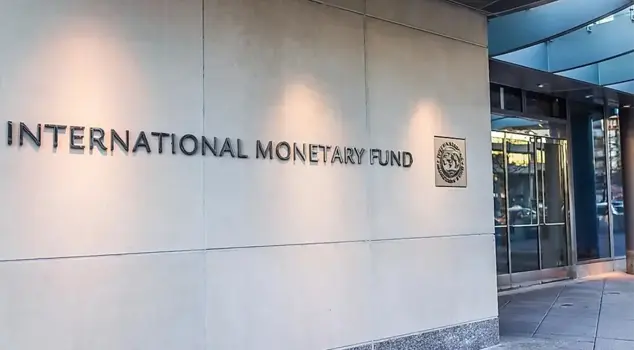
04.10.2024 09:51
The International Monetary Fund (IMF) has called on El Salvador to limit its Bitcoin policies and strengthen its regulatory framework. The IMF suggests that the country should tighten its oversight of the cryptocurrency ecosystem and reduce the public sector's exposure to Bitcoin. This call has reignited discussions regarding the legal status and economic impacts of cryptocurrencies.
Since El Salvador accepted Bitcoin (BTC) as a legal tender in 2021, tensions between the IMF and the country have continued. The IMF's latest statement reflects concerns about the potential risks of cryptocurrencies on national economies and their integration with traditional financial systems. However, the El Salvador government has so far ignored these warnings and appears determined to continue its Bitcoin policies.
IMF Asks El Salvador to Reassess Its Bitcoin Policies
Julie Kozack, director of the IMF's communications department, outlined the organization's recommendations for El Salvador. Kozack emphasized that "the scope of the Bitcoin Law should be narrowed, the regulatory framework and oversight of the Bitcoin ecosystem should be strengthened, and the public sector's exposure to Bitcoin should be limited."
This statement has resonated significantly in the cryptocurrency world. El Salvador's acceptance of Bitcoin as legal tender was considered a first in the global financial system.
The IMF's concerns focus on Bitcoin's volatile nature and potential risks to financial stability. The fund believes that this decision by El Salvador could have negative effects on the country's economy.
On the other hand, El Salvador's President Nayib Bukele continues to defend the Bitcoin policy. Bukele argues that this strategy will provide economic opportunities for the country and increase financial inclusion.
El Salvador's bold move has also attracted the attention of other countries. Some countries are considering taking similar steps, while others are adopting a more cautious approach.
Cryptocurrency experts point out that the IMF's stance highlights the challenges in the traditional financial system's adaptation to the digital age. This situation reveals the tension between nation-states' monetary policies and the expectations of international financial institutions.
Blockchain technology and cryptocurrencies have the potential to revolutionize the financial system. However, the regulation of these innovative technologies and their integration with the existing system is seen as a complex and challenging process.
The IMF's warnings also emphasize the need to establish a global consensus on cryptocurrency regulations. This situation provides important clues about how the international financial system will shape in the future.